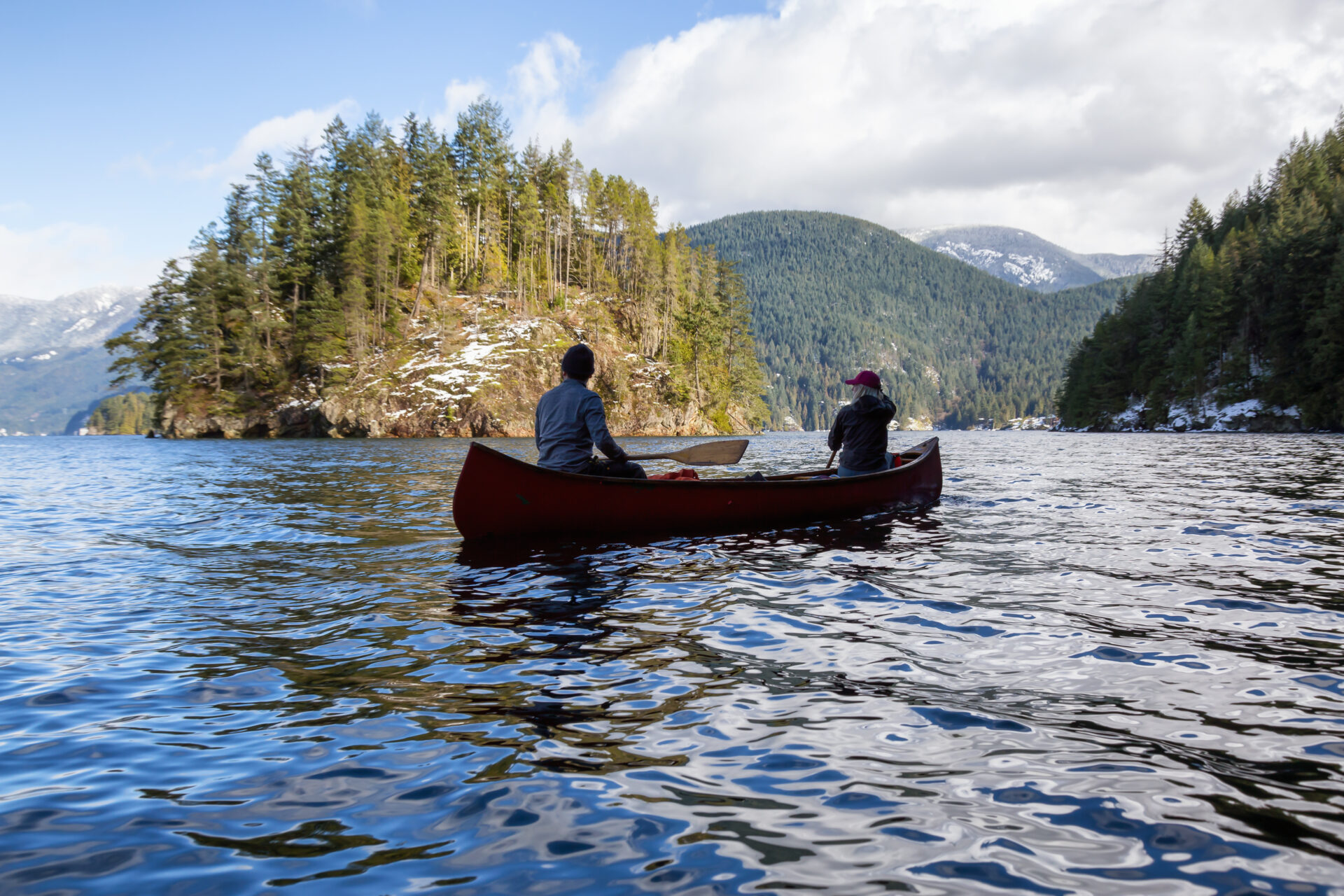International Urban Laboratory
Search
121069, Moscow, Bolshaya Molchanovka, 21, office 14
News
November 29, 2022
Online lecture by the General Director of CENTER Lab
On 29 November, the online lecture of the General Director of the International Urban Laboratory CENTER Lab Ketevan Khelaya on “Tourist-recreational complex: the mechanism of integrated use of tourist resources was held. Features of the formation of the TRC in city centers”.
The lecture was held for finalists of the All-Russian Competition of Project Teams in the field of state management, development and implementation of regional tourism strategies.
The purpose of the Tourist-recreational complex (TRC) is to make the most efficient use of available resources. Improving the effectiveness of the TRC is helping to create a favorable image of the region, attract investments and increase tourism flows, as well as creating a modern tourist and transport-logistics infrastructure.
Development planning for the RTC begins with the development of a scenario that defines the key values of the project. Based on the proposed scenario, a master plan is created, offering detailed solutions to the TRC.
It is important to note the intellectual potential of the creation and development of the TRC, which allows to ensure cluster development of the territory.
For this purpose, a partnership network is formed at the initial stage, interaction formats of key stakeholders of the project (government bodies, public and educational organizations) are organized.

The development of the tourist industry contributes to an increase in the tourist flow to remote regions. For example, thanks to the creation of the Arctic Tourist Center in the north of the Krasnoyarsk region and the Northern Mosaic Tourist Center in Yakutia, domestic and foreign tourism is developing, entrepreneurs are supported and the investment attractiveness of the regions is increased.
The creation of new TRCs within the city shifts the strategic vector of formation – the development of infrastructure and transport networks give way to the ideological component, the use of the hidden potential of the city to diversify target audiences.
The formation of integrated tourism and recreation zones increases the capitalization of the urban environment and the attractiveness of city centers, and the potential for tourism development in each region is unique.
Search
Fill out the form on the website or write to us at welcome@centerlab.pro